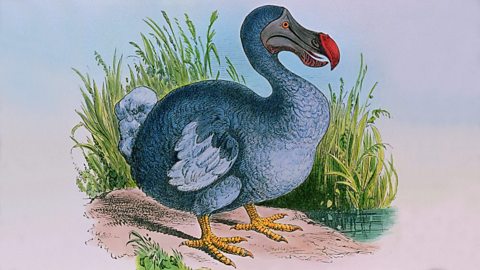Adders are reportedly going extinct in the UK because they've had a lot of negative press. Campaigners are worried that unless our attitudes towards them change, they'll completely disappear from our country.
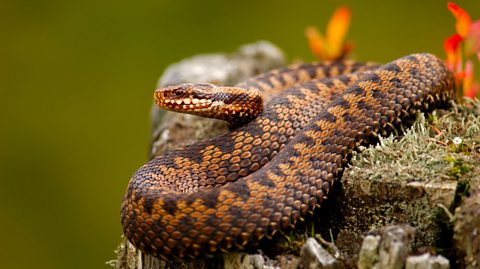
Other animals in the UK that you know and love are facing difficulties, too. Here’s five of them.
Hedgehogs
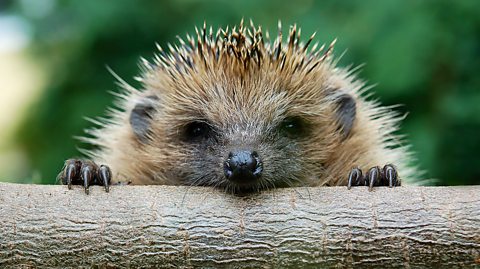
Hedgehogs are very familiar creatures in children’s stories, and even in campaigns helping us to learn how to cross the road safely. However, their numbers have fallen by 50% since the year 2000. The population is steadying in urban areas but declining in rural areas, and some campaigners have said that this is in part due to a decrease in the number of hedgerows in farmland across the UK.
Water voles
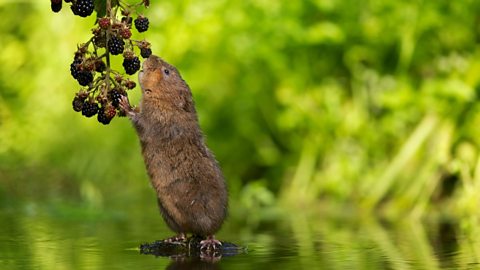
These water-dwelling rodents have seen a 94% fall in their population in the UK over the past 30 years, but measures are being put in place to prevent numbers dropping even further. In Somerset, they’ve been introduced to waterways after having not been seen there for over 30 years. Some activists are also encouraging people to get involved in riverbank restoration in order to make the UK habitable for them again.
The hazel dormouse
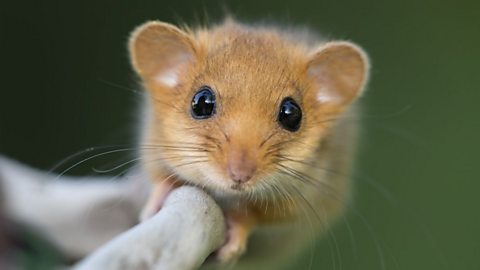
The hazel dormouse population has decreased in the UK by 75% over the last 25 years. However, there have been many efforts to bring it back from the brink of extinction. Recently, 20 breeding pairs were taken to a secret location in Warwickshire, in the hope of reintroducing them back to the wild.
The Scottish wildcat
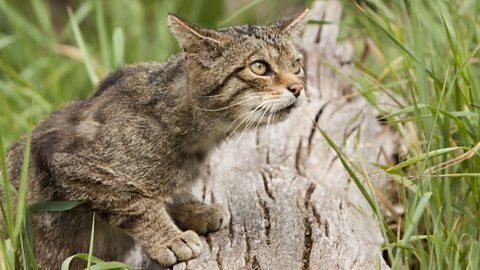
Another British mammal under threat from extinction is the Scottish wildcat. There are only 35 left in the wild according to a wildcat campaign group. Domestic feral cats have been crossbreeding with the wildcats, with some experts now saying that there are 3000 wild feral cats to every one purebred wildcat.
Beavers
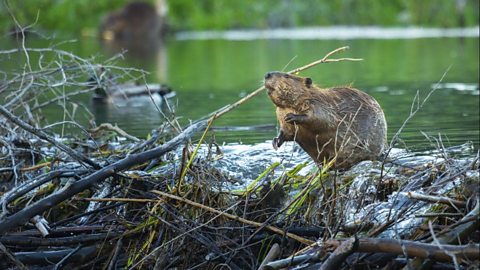
The Eurasian beaver is more of a success story - they are now on the rise, and have been brought out of the endangered category. Once considered vermin in the UK, they were hunted to near extinction 400 years ago for their fur and meat. Encouragingly, in the last decade the giant rodents have been reintroduced into locations including Devon and Scotland, and their numbers have started to rise. In Scotland, some farmers' unions say they’re a nuisance, as they damage their farms. However, their reintroduction has brought benefits too, such as creating wetlands that encourage other wildlife to thrive.
This article was published in October 2018
What is evolution? revision-guide
If animals don't evolve fast enough, they can become extinct. Learn more about evolution with this KS2 guide.
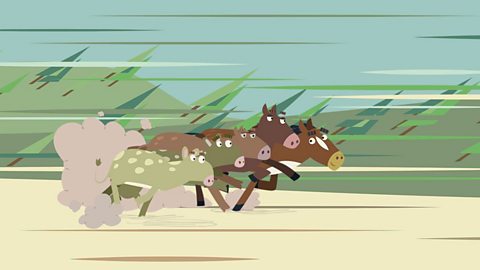
In theory we could give dinosaurs and dodos a second chance. But should we?
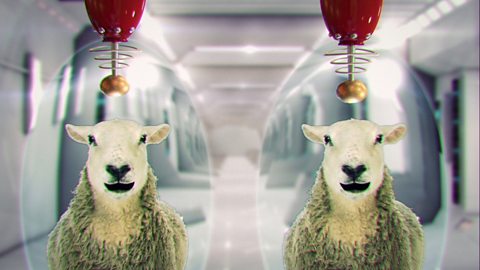
Evolution, extinction and biodiversity
Want more information? Check out this KS3 guide.
